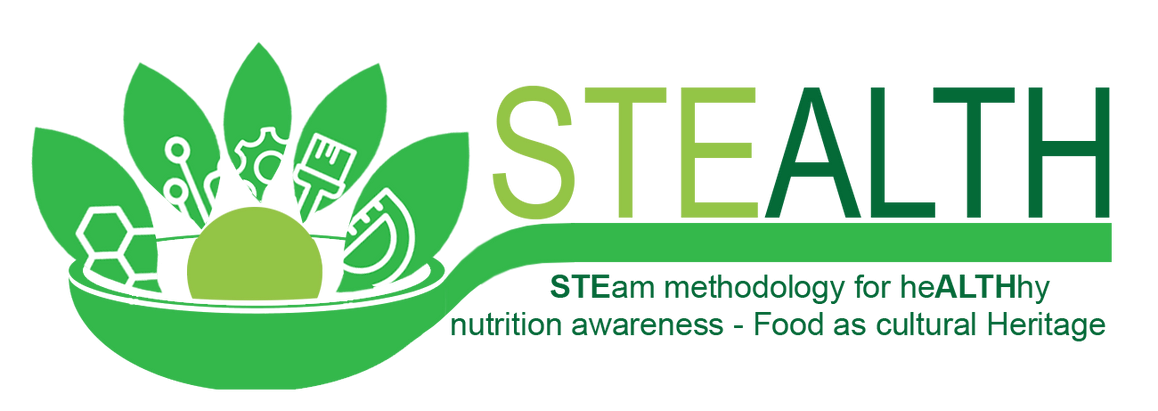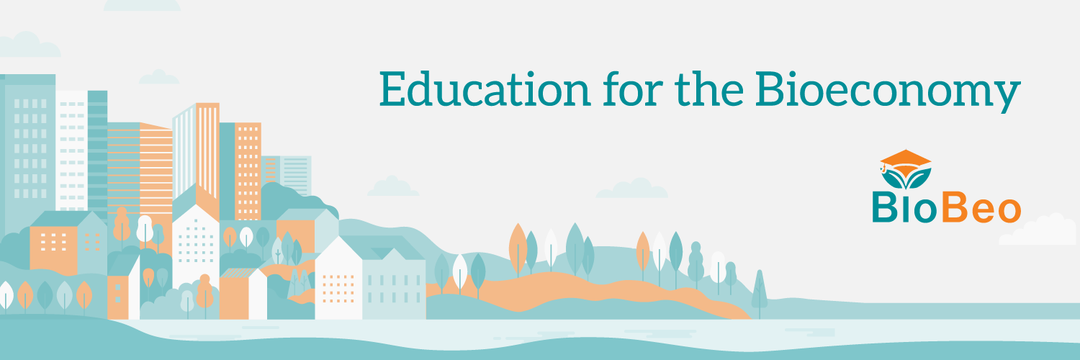E3STEM participates in a number of R&D Projects.
Check the project list below for more information:
TRACE – Tracing Climate Change
European project ERASMUS PLUS:
TRACE – Tracing Climate Change 2023-1-RO01-KA220-HED-000160375
WEBSITE – https://trace.unibuc.ro/

“TRACE – Tracing Climate Change” brings an innovative approach to educating students about the impact of climate change on diverse geomorphological environments.
Central to this project is the integration of advanced digital technologies in courses like Geomorphology, Physical Geography, Environmental Studies, and Quaternary Geology across partner universities. This initiative not only enriches the curriculum but also sharpens students’ critical thinking and heightens their interest in climate-related issues. Furthermore, it enhances their digital proficiency, fostering a more technologically adept future generation. The project is set to invigorate academic research, draw new students and researchers, and diversify the academic offerings in these fields, reaching a broad audience. A key component of this innovation is a series of online workshops. These workshops will cover a spectrum of activities, starting with the basic effects of climate change on landscapes and progressively delving into more complex, immersive learning experiences.
AREA – Augmented reality for schools
European project ERASMUS PLUS:
AREA – Augmented reality for schools 2023-1-SK01-KA220-SCH-000158729
WEBSITE – https://www.augmentedreality4schools.net/

AREA project brings together partners and experts in education, technology and STEAM to design and make available extensive resources and support with the aim of making AR accessible and effective for schools. At the heart of the project is an AR Toolkit which is a comprehensive guide on how to ensure AI is successfully embedded across the curriculum as an effective teaching and learning tool. The toolkit will also provide a wide range of activities and AI approaches in sciences, technology, engineering, arts and mathematics and how these can be developed into cross-curricular STEAM teaching and learning approaches. The Toolkit also focusses on humanities subjects with the theory and practice behind numerous activities designed to promote multi-cultural awareness, inclusion and equity. Similarly, schools will be shown how school resources can be accessed in a wide variety of languages thus making them accessible to all. The project aims to implement online training workshops for teachers supported by a comprehensive toolkit of theory and methodology in AR implementation. This methodology will be piloted in school with assessment tools made available to assess the projects effectiveness.
STEALTH
STEam methodology for heALTHhy nutrition awareness – Food as cultural Heritage
(Erasmus+, Grant Agreement No. 2021-1-SK01-KA220-SCH-000023907)
Starting Date: 01/11/2021
Website: https://www.stealthnutrition.net/
The aim of SΤΕalth project is to raise awareness of the importance of healthy nutrition using the STEΑM approach and combat social exclusion associated with obesity. The project focuses on the role of food as a form of cultural heritage and the importance that cultural knowledge holds for understanding food choices and consumer preferences. Using real-world implications of project-based learning can excite students and increase class participation. This is particularly important and useful when dealing with subjects that are notoriously difficult for students to understand, by integrating experiential and problem-based learning into specific situations can enhance deeper understanding. Therefore, the SΤΕalth project aims to design courses to best integrate project-based learning into a curriculum in order to increase long-term understanding. The project aims to show that in order for students to gain full mastery of concepts, they have to be motivated to learn the material. The SΤΕalth project approach is to use food as a tool to encourage learning in nutrition, and also microbiology, chemistry, biology, health science and math. The SΤΕalth project uses hands-on lessons that allow interdisciplinary learning in all STEAM subjects, incorporating Arts.Project Result 1: Toolkit for teachers and students
Project Result 2: Guidelines for Healthy Nutrition Awareness and Food as Cultural Heritage
CLIMAX
CLIMAte coalition eXchange of best practices (Erasmus+, Grant Agreement No. 2021-1-SK01-KA220-SCH-000023803)
Starting Date: 01-11-2021
Website: https://www.erasmusclimax.net
ClimaX is an Erasmus+ research initiative that aims to integrate all four STEM disciplines (Science, Engineering, Technology and Mathematics) together into a single, cross-disciplinary programme to support school students’ critical inquiry into the issue of climate change.
The project introduces teaching strategies as enacted by a school STEAM teacher, through a toolkit for climate change with STEAM approach. Data collected to explore explicit teaching strategies from teacher interviews and class observations are used to identify and describe how this STEM teacher will offer students opportunities to solve real problems in their community. Examples demonstrating three stages of STEAM education: understanding context presentation, performing creative design, and experiencing emotional touch are provided. STEAM programs are presented with realistic issues arising from the community students belong to and that explicit teaching strategy that will give students the opportunity to achieve core competencies and scientific literacy. The project is designed for teachers and school students aged 8-16 years old.
Promo video:
BIOBEO
BioBeo is a Horizon Europe project (Grant Agreement No.: 101059900) for Innovative Education for the BioEconomy
Starting Date: 01-11-2022
Website: https://www.biobeo.eu/
BioBeo introduces new thinking and approaches in education on the circular bioeconomy across Europe. BioBeo results provide better coordination between bio-science and education in schools by developing the Circular Economy Science-Society message with a particular focus on circular bioeconomy lifestyle and behaviours. BioBeo addresses social issues such as gender bias, disadvantaged youth groups, migrants and members of society with additional needs.
The aim is to develop and deploy an education programme to enhance engagement across society regarding lifestyle, circularity and bioeconomy, using 5 bioeconomy themes: Interconnectedness, Outdoor Learning, Forestry, Life Below Water, Food Loop
BioBeo aims to achieve its goal through a variety of outcomes by developing:
– the character Beo who appears in comics and video-stories with other important characters
– educational scenarios for the 5 bioeconomy themes, through experiential and technological learning and doing workshops to apply them
– circular economy and bioeconomy educational board games
– BioBeo App and VR experience
– Blog, Podcast, Social Media
– BioBeo Festival
INDIE4ALL
INDIe4All is an Erasmus + KA201 project (2020-1-ES01-KA201-083177) in the field of school education that falls within the category of “Strategic Partnerships supporting innovation”. INDIe4All started in 2020 with a duration of three years, following the three-year Erasmus+ KA2 project INDIe.
INDIe4All is a project that aims to “create, teach, and learn with an interactive and inclusive digital content platform for share, reuse, and innovate in the classroom”. The project results are Widgets, Units and the INDIeOpen software, an digital interactive authoring tool that allows educators to easily create interactive digital learning units by applying the principles of Universal Design for Learning. The goal of the software is to make educational content as accessible as possible for everyone. The developers worked closely with associations of people with disabilities or special educational needs, STEM organizations and schools of special needs, to make INDIeOpen an ideal educational tool for applying the principles of Universal Design for Learning.
INDIe4All website :https://indieopen.upct.es/explore and https://rb.gy/07v2f1






